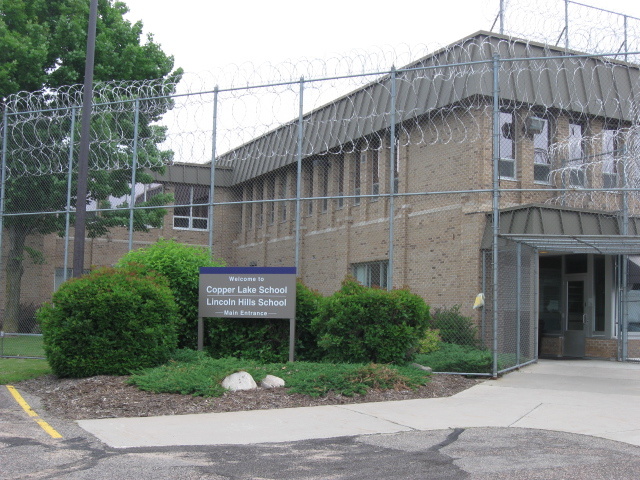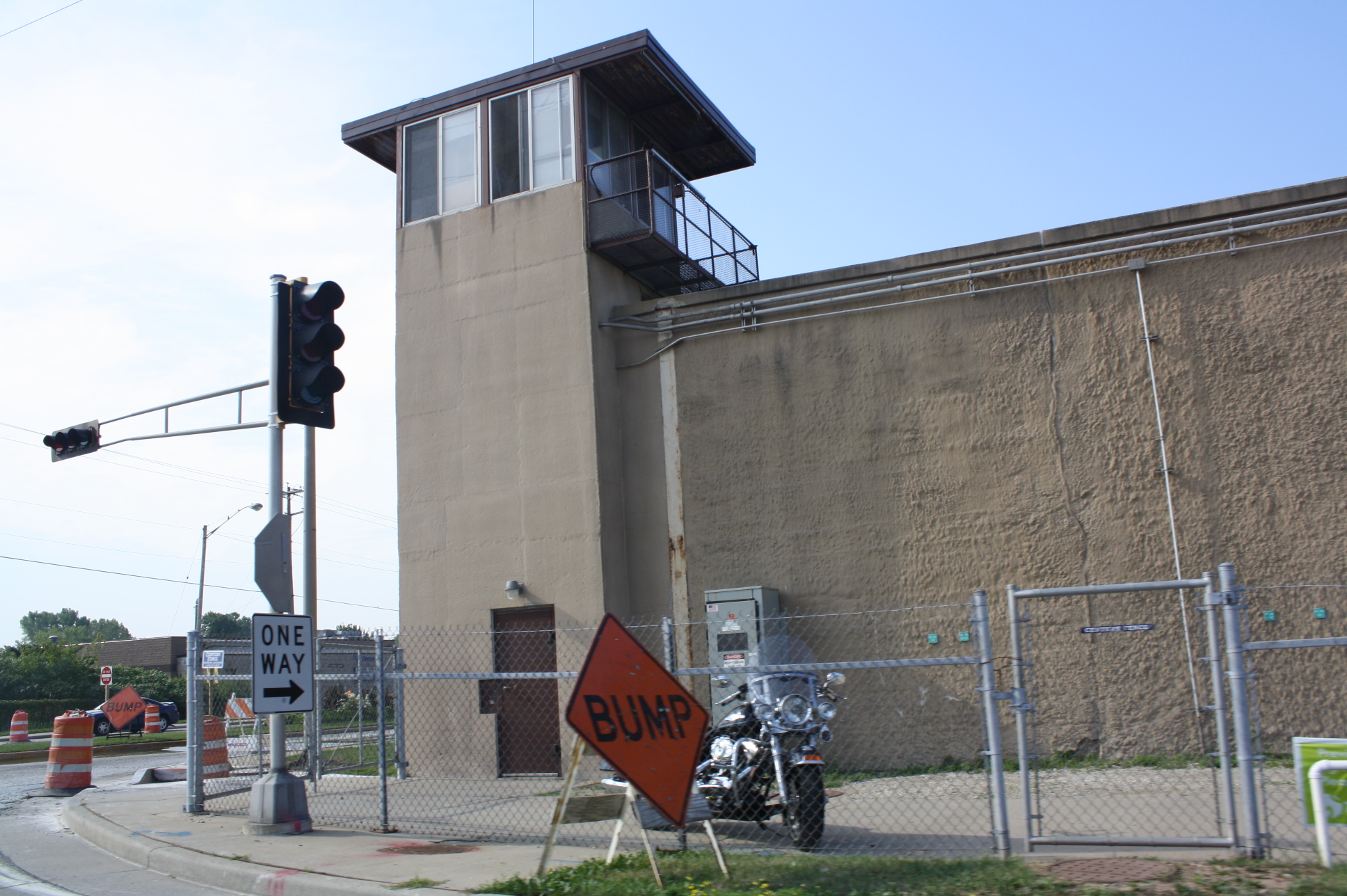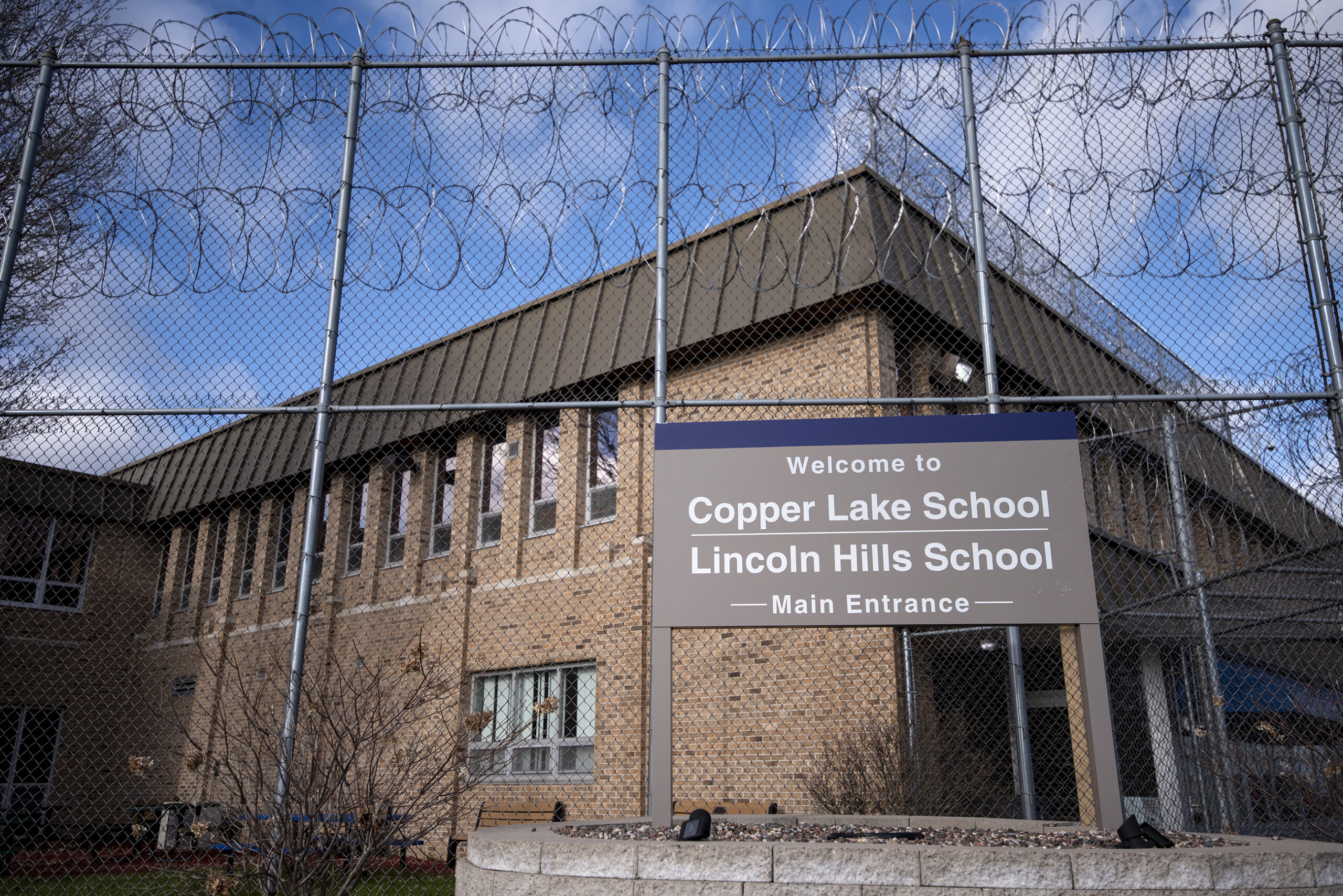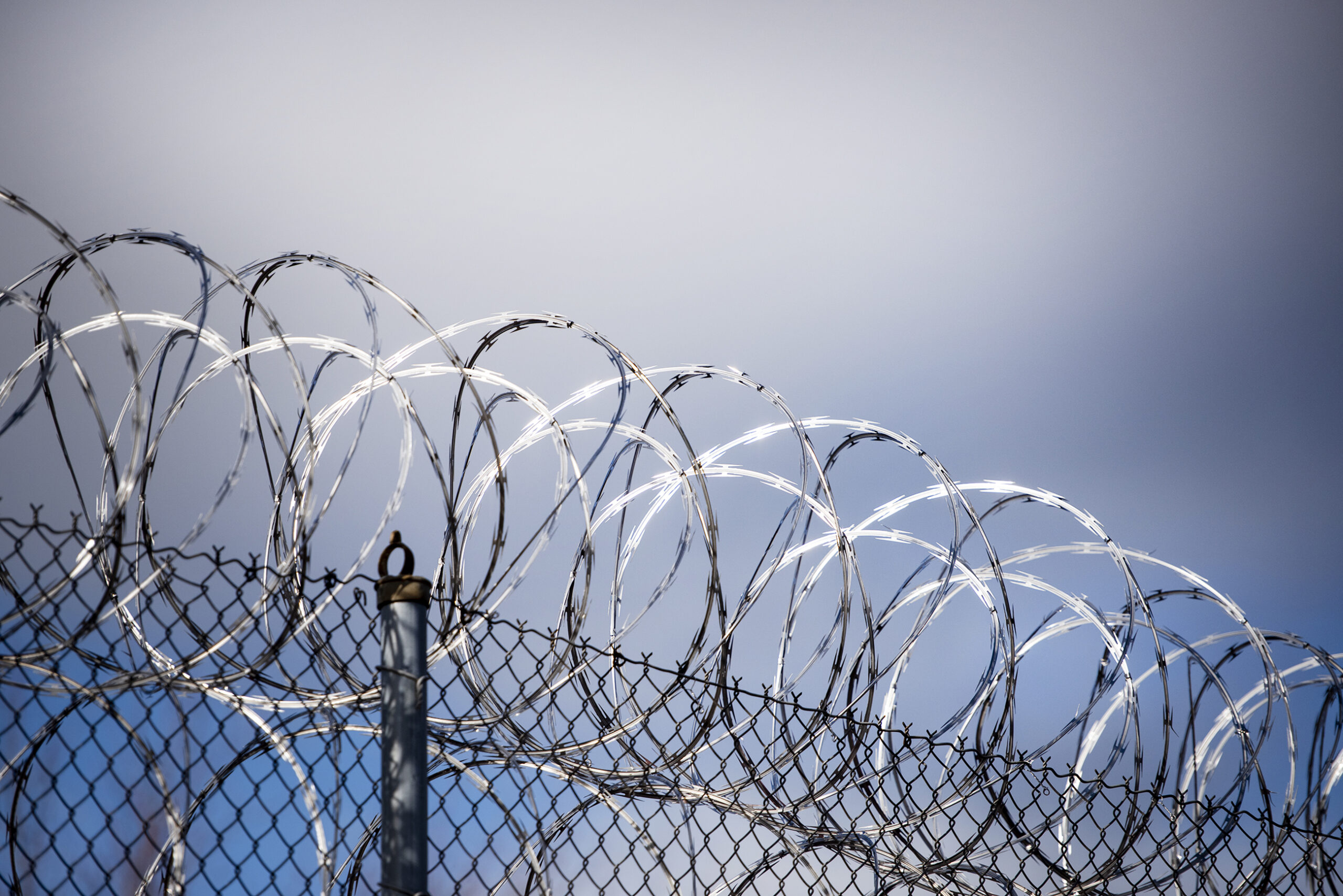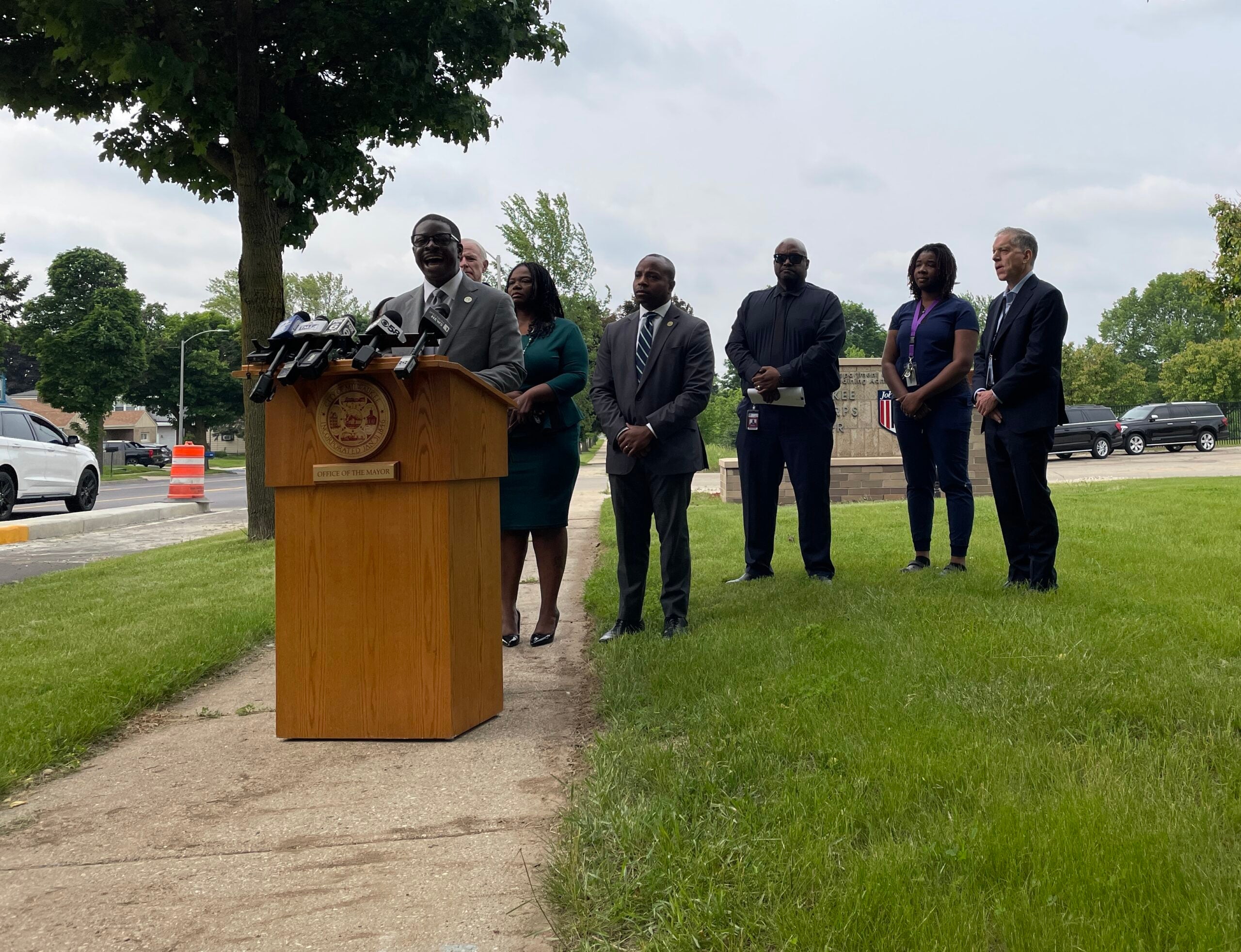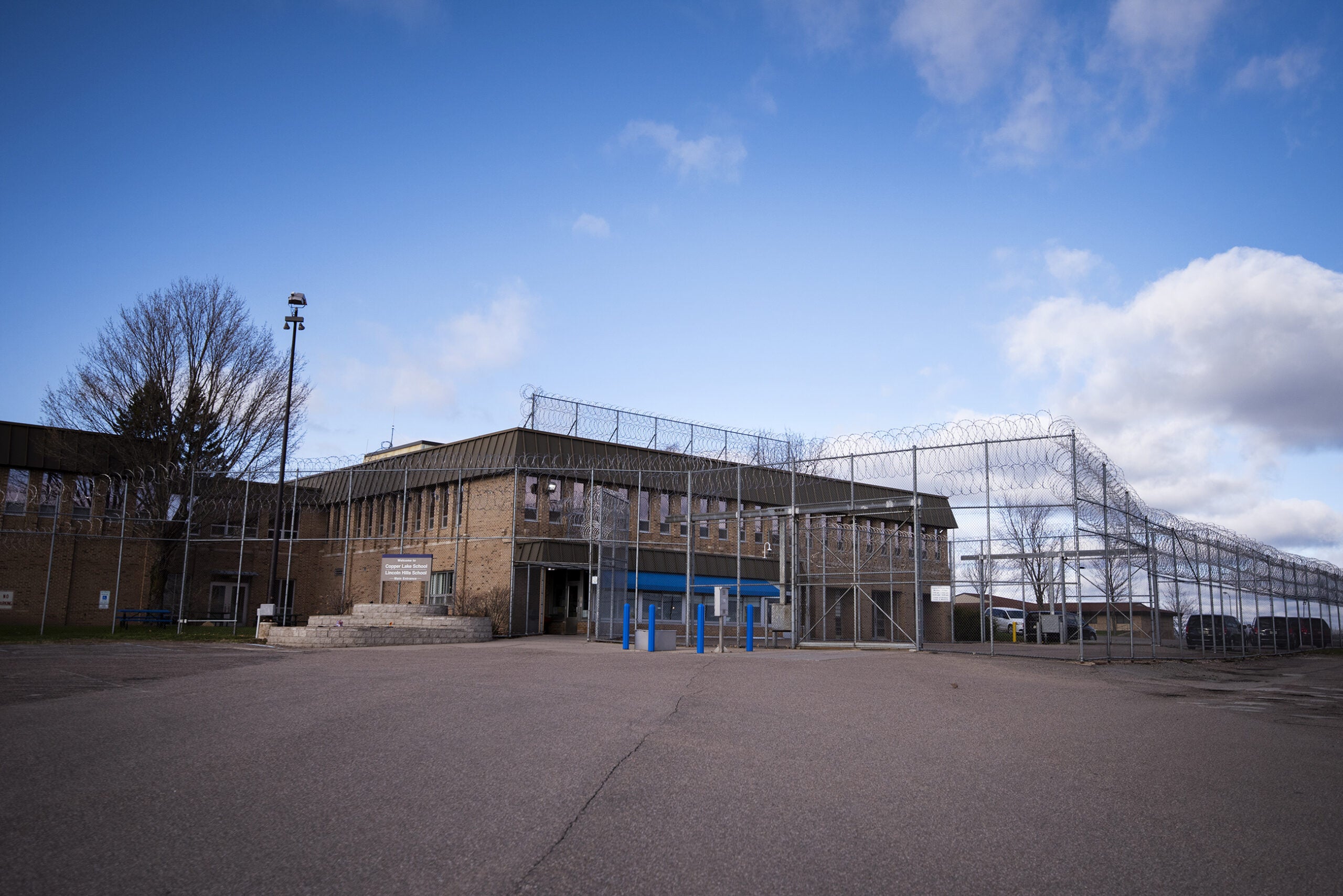When Wisconsin’s troubled youth prison, Lincoln Hills and Copper Lake, closes in 2021, the youth from Milwaukee County currently living at the facilities will be moved to a new secured residential care center closer to home.
Mary Jo Meyers, director of the Department of Health and Human Services for Milwaukee County, said she hopes Milwaukee’s center will change the future for troubled youth so the possibility of recidivism is reduced.
“It’s a setting in which treatment will occur; vocational opportunities will be available; school, recreation, all of the things we know will be helpful for a better future,” Meyers said.
News with a little more humanity
WPR’s “Wisconsin Today” newsletter keeps you connected to the state you love without feeling overwhelmed. No paywall. No agenda. No corporate filter.
Last year, former Gov. Scott Walker and state lawmakers passed Act 185 to close the youth prison by January 2021. Lincoln Hills and Copper Lake, which are located north of Wausau, have been plagued by allegations of inmate abuse and neglect for years.
The juvenile jail will be replaced by state-run, “Type 1” juvenile correctional facilities for youth convicted of serious crimes or those who were tried and convicted as adults. There will be county-run residential centers for youth who have committed less-severe offenses that will include programing and workforce training.
The Department of Corrections hasn’t said how many county-run centers there will be, or where, other than Milwaukee, those centers will be located. Meyers said she believes there will be a second center in southeastern Wisconsin.
The cost of the Milwaukee center is still being evaluated. Milwaukee County will compete for a grant from the state to help pay for the facility. Grant proposals are due by the end of March.
Even if Milwaukee County is successful, the grant wouldn’t cover the entire cost of the center, Meyers said.
“Our goal with this center is to essentially put ourselves out of business — to connect our youth with recovery, education and job opportunities that will reduce recidivism and reduce the need for this center,” Meyers said. “For the long term, we’re creating a center that will change with the community’s needs and offer new opportunities for youth and families.”
Milwaukee County looked at an existing facility for its care center, but renovating a building would cost at least $40 million, so officials have decided to build new.
They are looking at sites in the Havenwoods neighborhood on the city’s northwest side. The neighborhood is close to where many of the youth are from, making it easy for family to visit.
Meyers would like to find at least a 5-acre site for the center to allow for a lot of green space. Being being close to a bus line is also a must.
“This is meant to be a place where communities can heal and get to a better place,” Meyers said. “We don’t want to build tall and we want it to be very aesthetically pleasing. We would like to get creative in terms of how to secure the perimeter. We don’t want this to look anything even remotely close to Lincoln Hills or Copper Lake.”
About 65 percent of the youth at the current juvenile prison are from Milwaukee. Meyers estimates the new center will have about 40 youth at any one time. Most will not stay for more than six months.
Bringing the youth home is also a way to get the community involved, either by providing peer support or mentorship, said David Muhammad, deputy director for the Department of Health and Human Services for Milwaukee County.
“The community is what brought about the change to close Lincoln Hills,” Muhammad said. “For us to make a way for youth to return only amplifies the call to reduce recidivism as well as provide second chances that does not push them deeper into the system.”
Meyers said this is an opportunity for Milwaukee to build a better community for families.
“We should not shy away from the fact that every single child there (at Lincoln Hills and Copper Lake) is a child of color,” Meyers said. “Milwaukee has a reputation. We need to make changes. And we are going to do that by doing the right thing by our children and our families.”
Wisconsin Public Radio, © Copyright 2026, Board of Regents of the University of Wisconsin System and Wisconsin Educational Communications Board.

